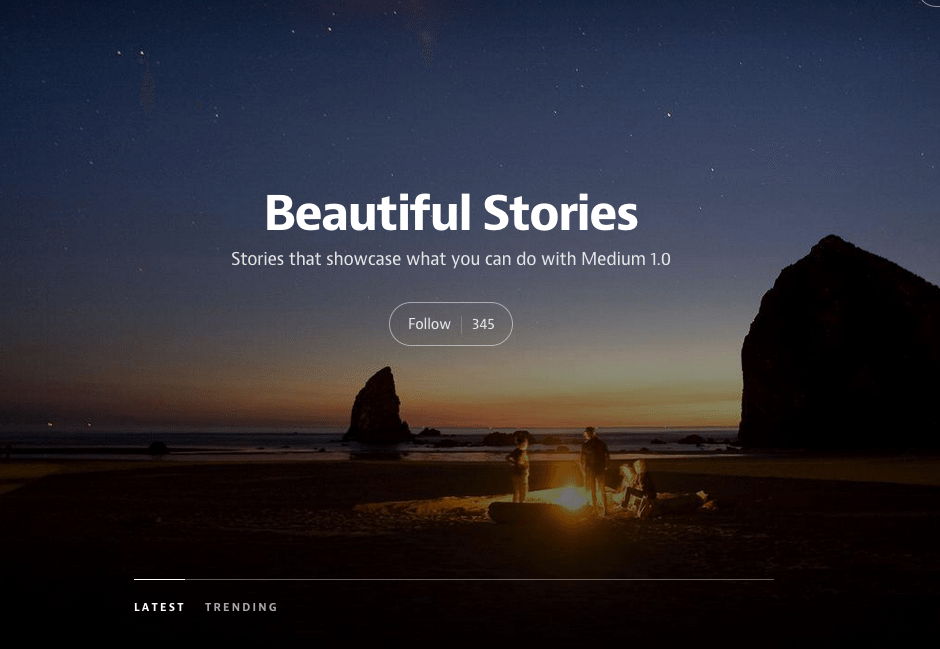By Marissa Lang
San Francisco Chronicle.
There’s a formula to startup screwups that seems to go like this: make a mistake, wait for public outcry and/or media exposure, then apologize — on Medium.com.
The site’s self-proclaimed mission when it was founded in 2012 was to help people publish “little stories that make your day better and manifestos that change the world.” No longer would regular people with big ideas have to build a blog and a following, or condense their thoughts down to 140-character tweets, to reach a wider audience.
But recently, Medium has also become the de facto wire service for startups, entrepreneurs and tech companies. Particularly those who need to issue a mea culpa or account for their recent missteps or PR disasters.
On Medium, there are dozens of postmortem essays chronicling and explaining a startup’s failure, why a company had to shut down or “what went wrong” in any number of endeavors.
Among the more famous public accountings:
“A few thoughts from today,” by Dennis Crowley, the Foursquare co-founder whose wife faked her way into the 2014 Boston Marathon.
“I’m sorry” written by Peter Shih, the startup founder who had to apologize for a sexist, classist and downright rude San Francisco diatribe that he also published on Medium in which he decried the weather (“I hate how the weather here is like a woman who is constantly PMSing”), the women (“Just because San Francisco has the worst female to male ratio in the known universe doesn’t give you the right to be a bitch all the time”), the homeless, and the culture of his fellow startup founders (“There is more to life than who raised money from who and which startup got acquired by Google”).
Most recently, Medium played host to “My response” by Hampton Creek CEO Josh Tetrick, a rebuttal to a recent Business Insider article that accused the food startup company of using fake science, lying on product labels, creating an unsafe work environment and sending out questionable products to meet deadlines and cultivate an appearance of surefooted success.
“In working to change our food system, we screw up sometimes,” Tetrick wrote. “We fix things constantly. We sprint back to work. We feel that food is the thread running through our most important problems.”
Ryan Hoover, CEO and founder of Product Hunt, posted his own apology on Medium in February. The post addressed a dialogue box that popped up on his company’s website using only male gendered pronouns to describe its users. For instance, when a user tried to upload a product to the site, Product Hunt would confirm his or her identity, but in its explanation, it would only say “his” identity.
“We made a big mistake,” he wrote. “It may appear like a small typo, but the pronoun ‘his’ subtly shouts disregard for women makers, particularly those that have been mistreated because of their gender.”
Product Hunt now uses gender neutral language.
Hoover said he posted the apology on his company’s blog as well as Medium, but saw much more reader engagement on the Medium post.
“It helps us target our demographic, which is the startup tech community, so you have a relevant audience that will share and recommend your post to other people in that community,” Hoover said. “Posts definitely perform better on Medium or sites like LinkedIn, where something can just stand alone.”
He said for young companies or startups with limited resources and few employees, keeping up a regular blog doesn’t make much sense. But being able to direct traffic to a stand-alone post on Medium does.
Evan Hansen, a senior editor at Medium, said the site’s goal is to do just that: give people a platform to write whatever they want, however frequently or infrequently that is.
Did the company know they would be used in such a public relations capacity for startups?
“It’s natural that startups and companies would see value in Medium as a place to share their messages,” he said. “It’s a different kind of communication, but it’s not a different order of the universe. If a company has something to say or communicate, like anyone else, they’re looking for the best way.”
Hansen added that the main goal for Medium is to be the first place people think to put their content when they have something to say. Among tech startups, that seems to be working.
The trend has even led to satirical posts featuring tongue in cheek instructions for “every bad apology your tech company needs.”
“Our entire staff would like to offer their deepest apologies to all of our customers who were affected,” the fake apology reads. “We will be offering free credit monitoring and identity theft protection, but honestly what is even the point anymore?”














































































































































































































































































































































































